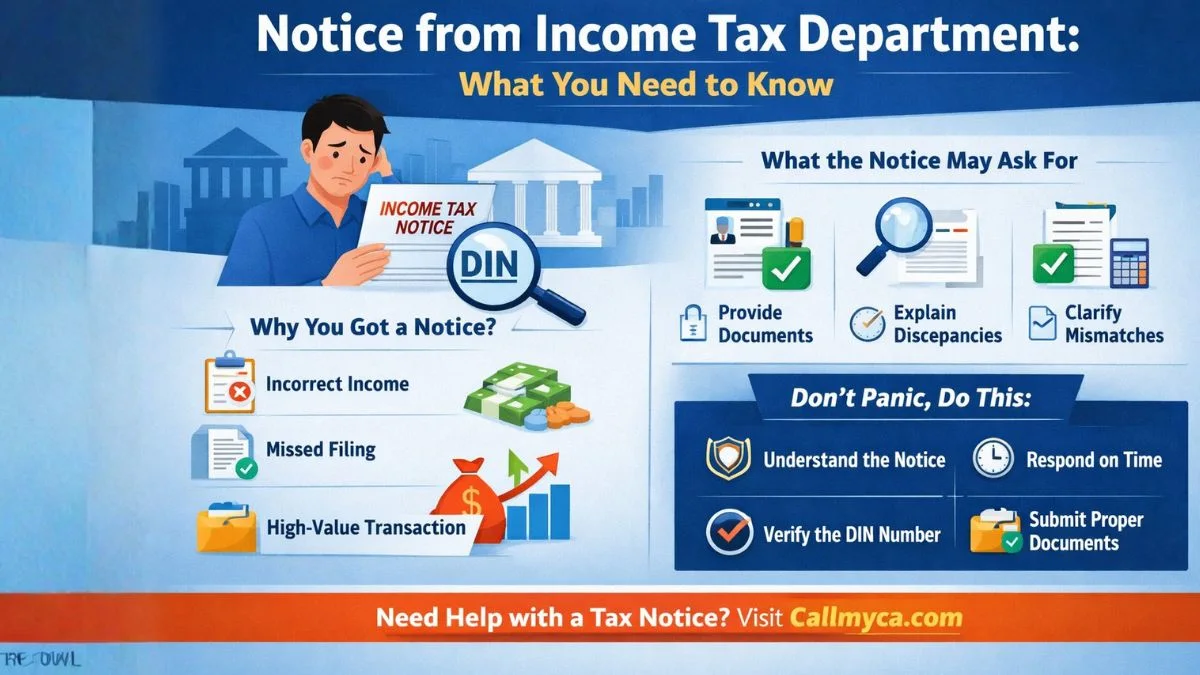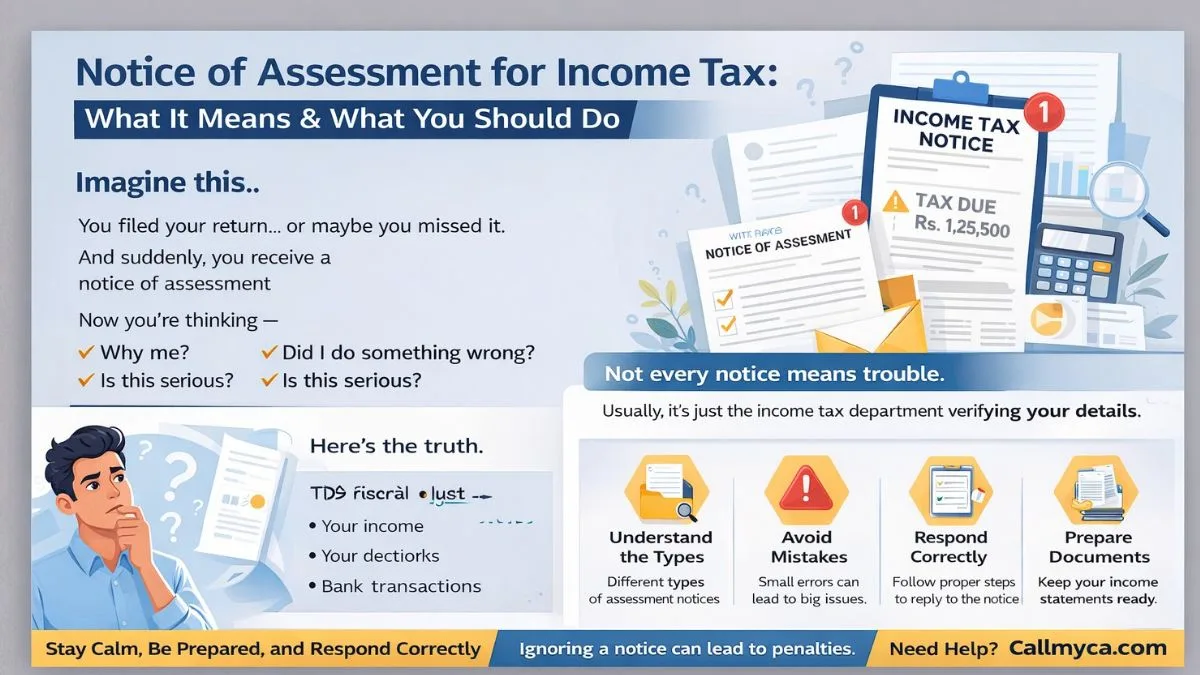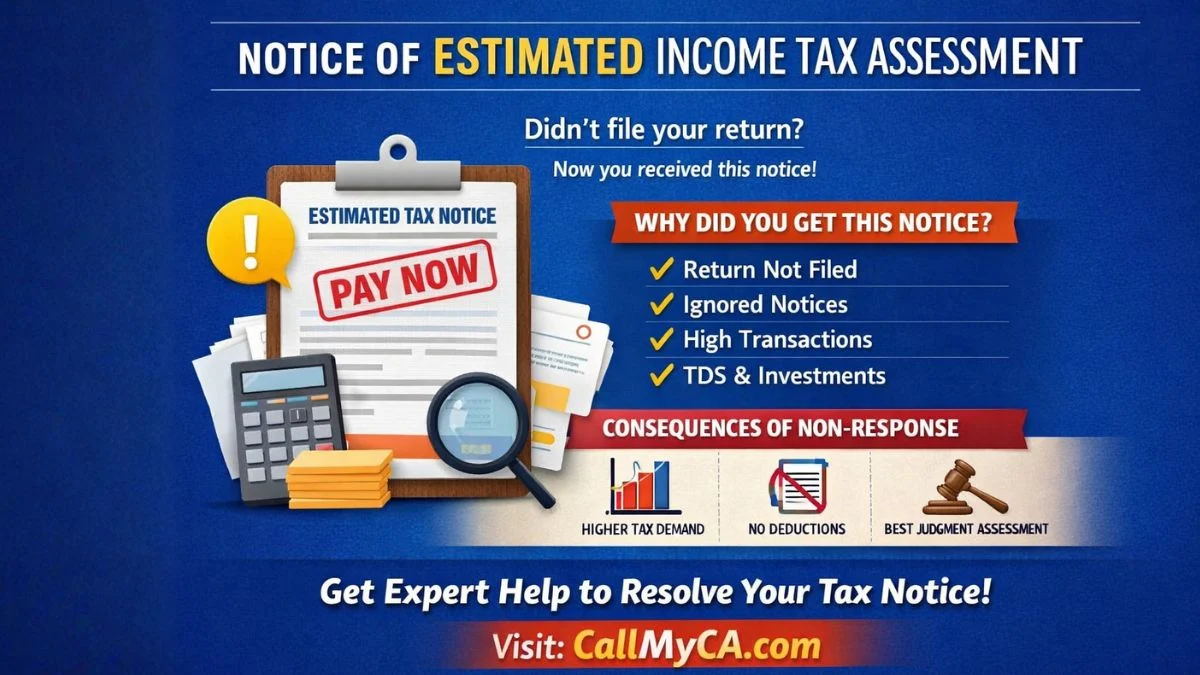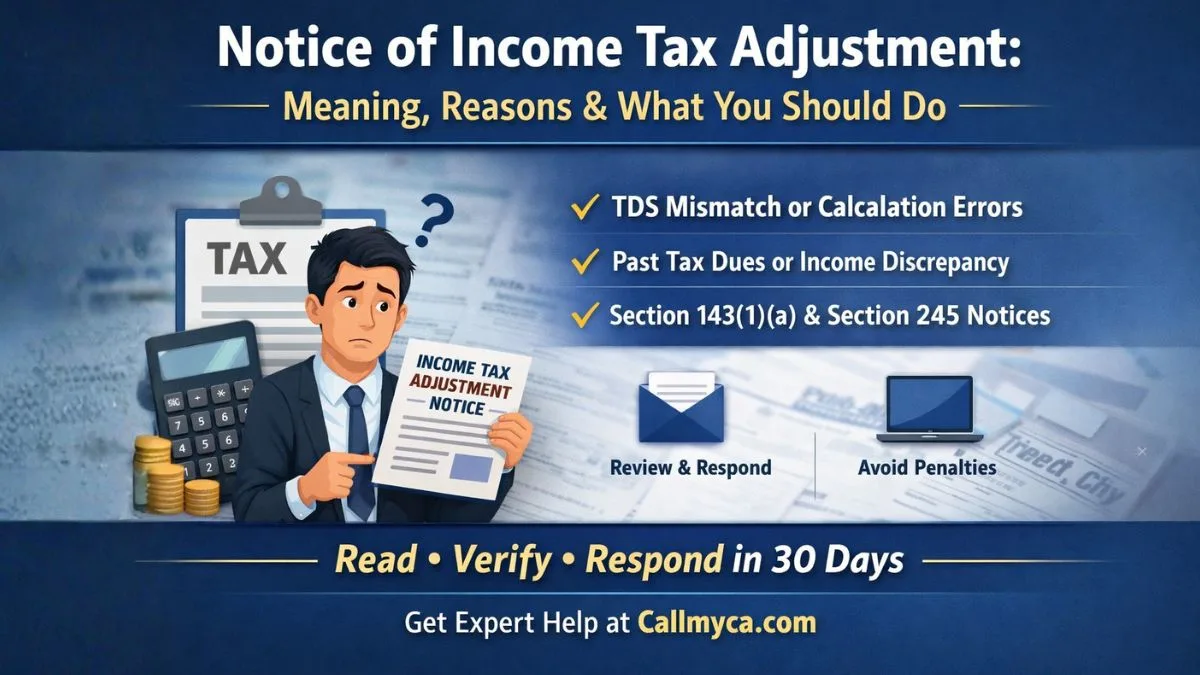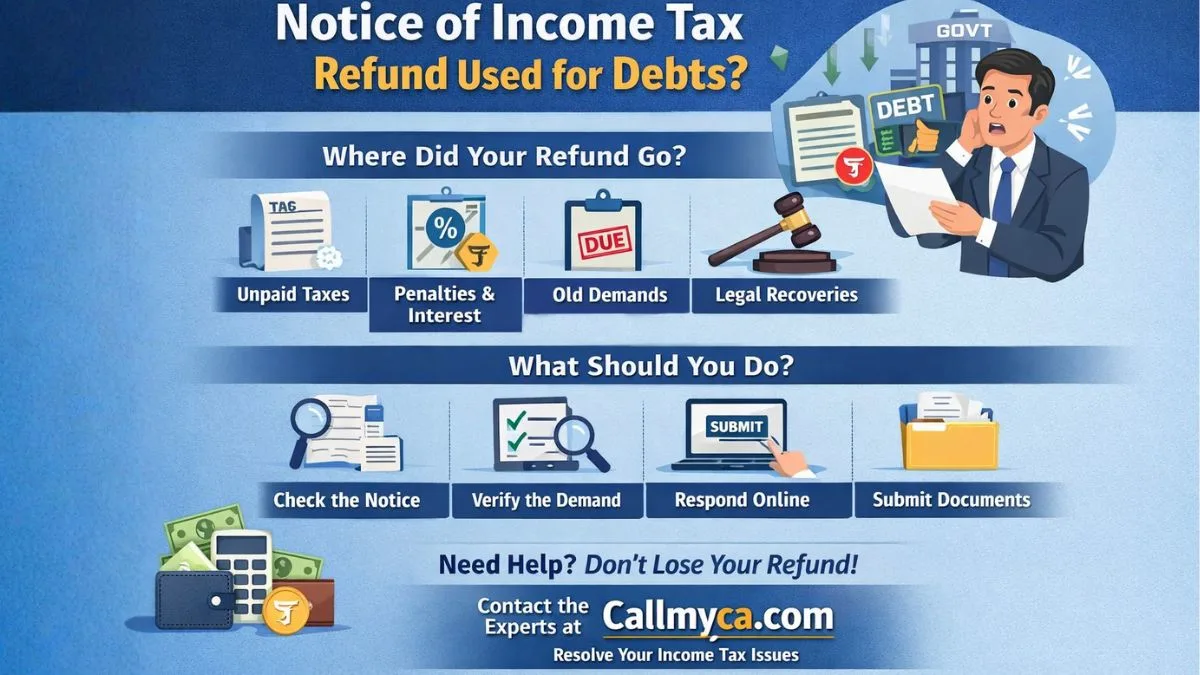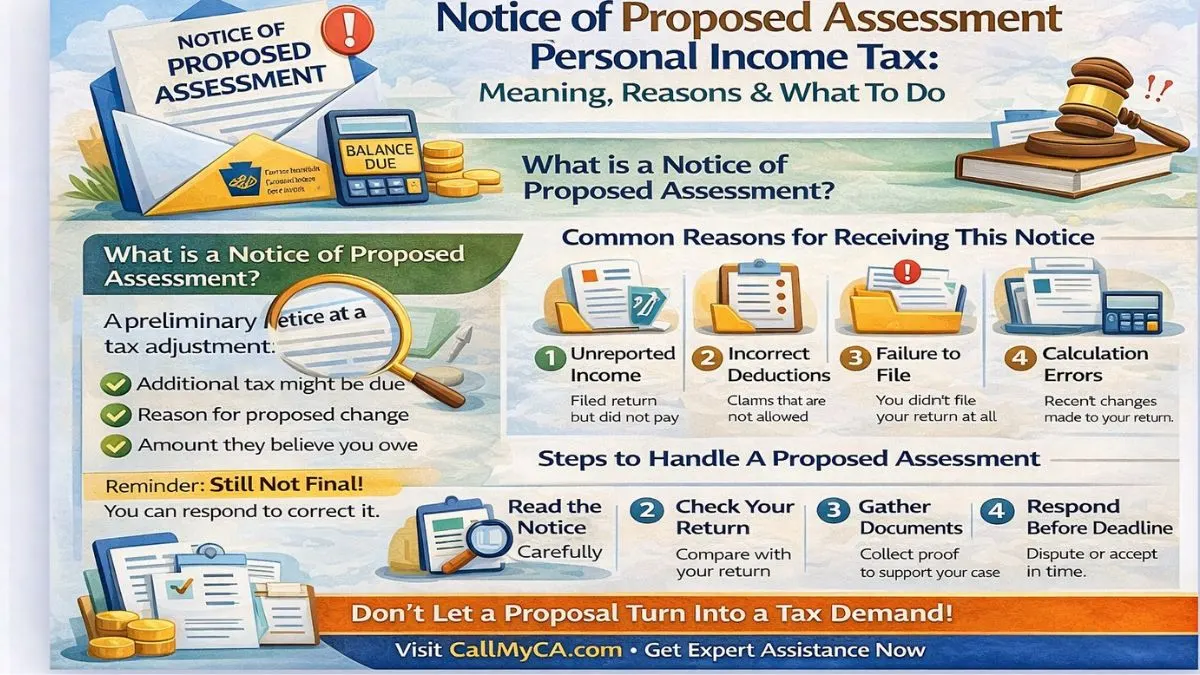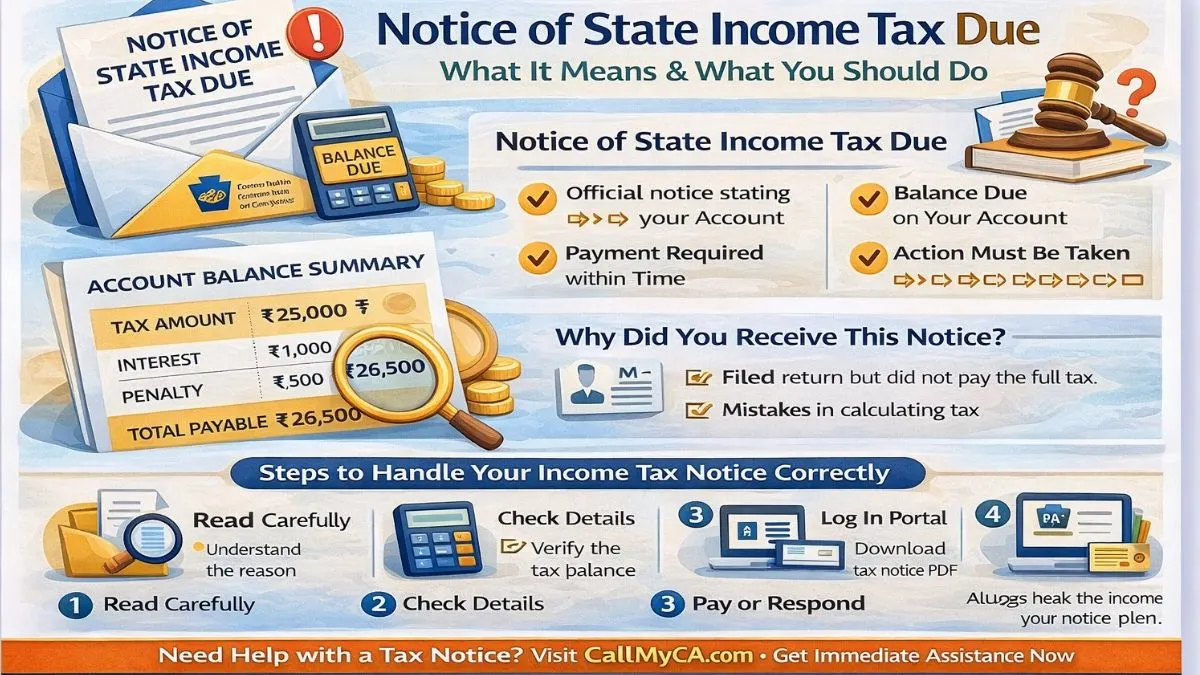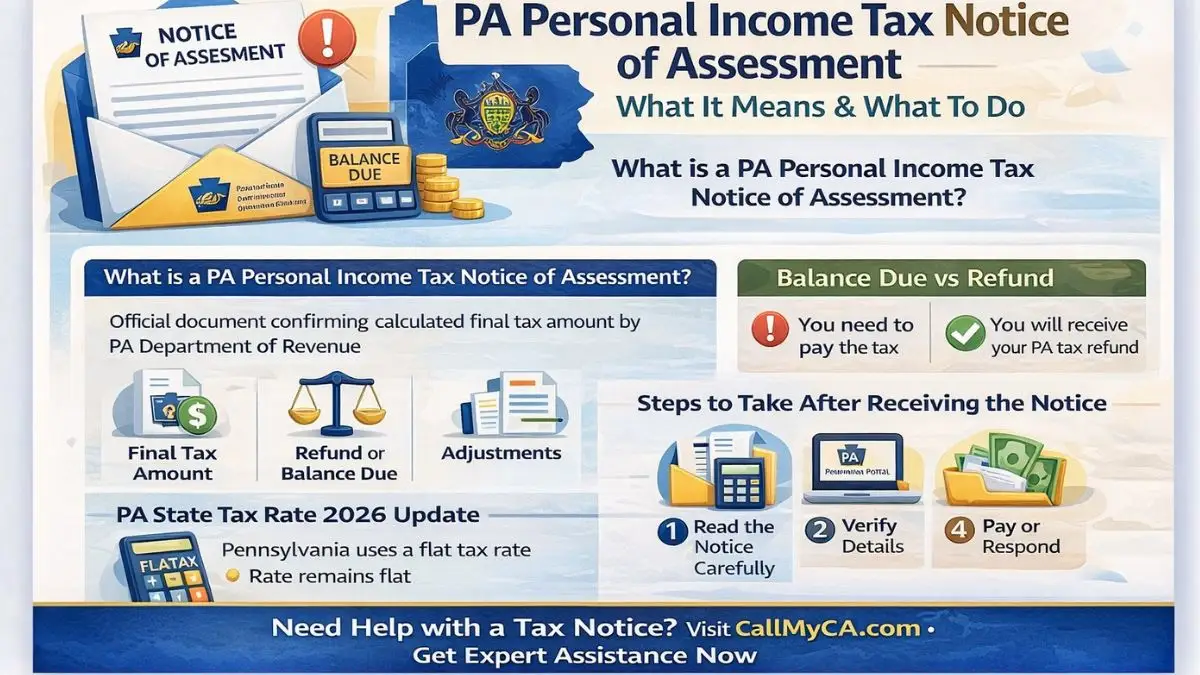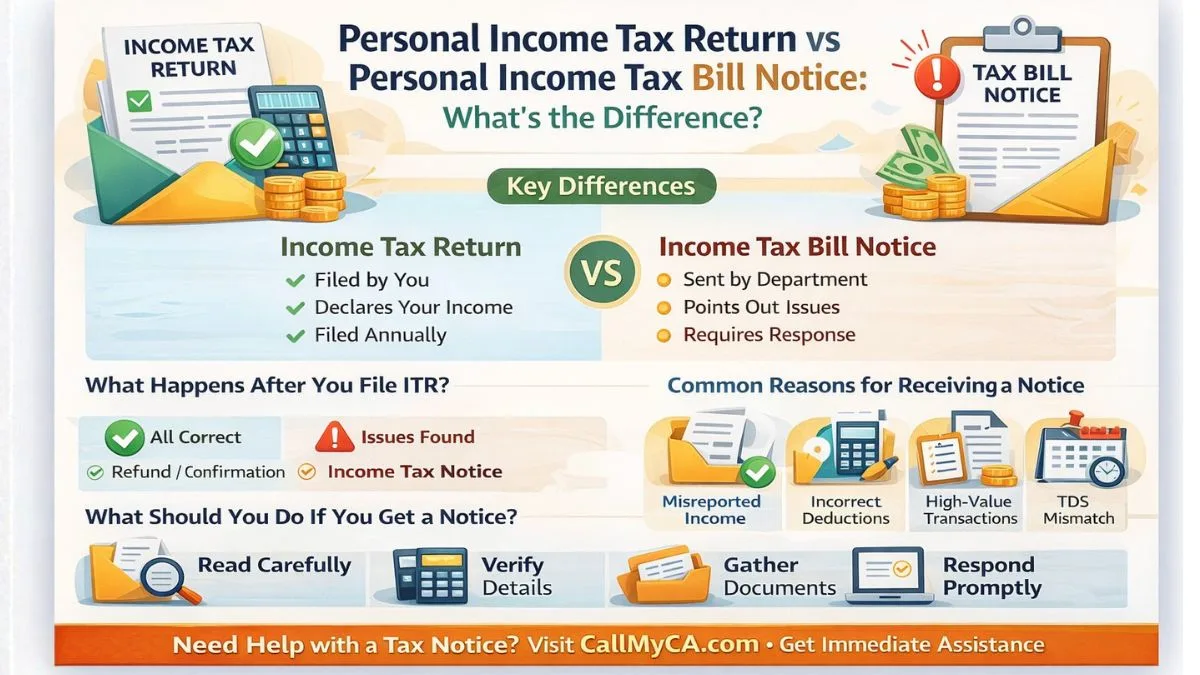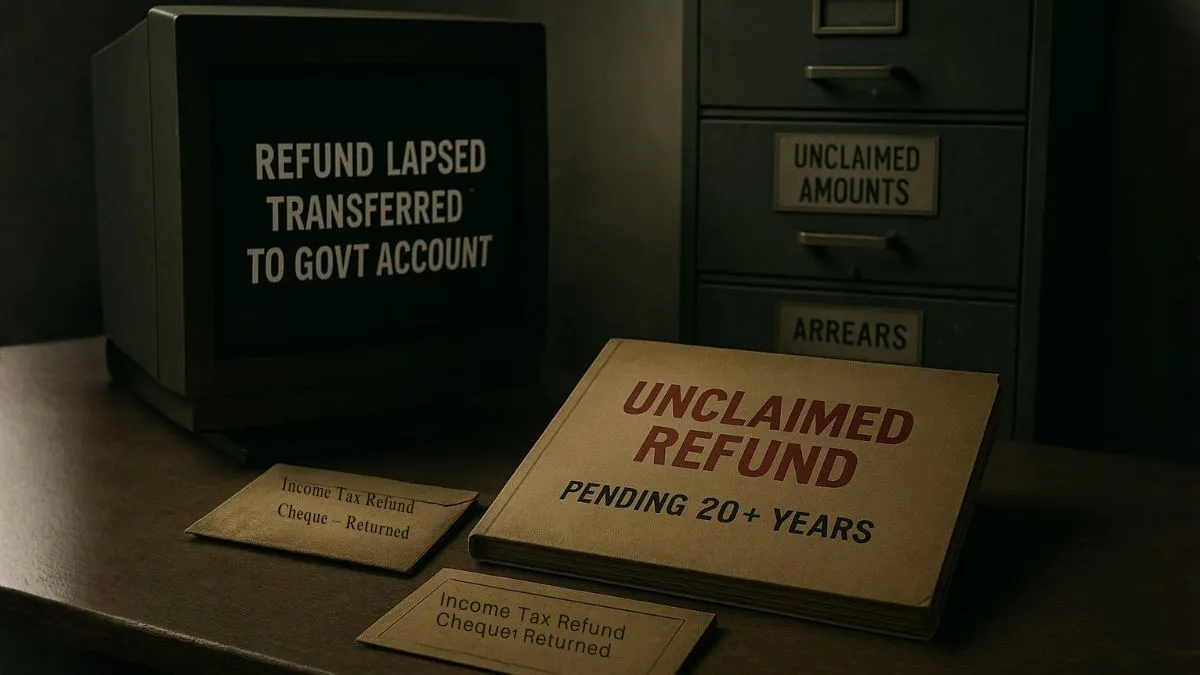
Most people know the Income Tax Act through deductions, exemptions, TDS, or notices. But behind the scenes, there are a few silent provisions that keep the entire machinery functioning smoothly. Section 294 of the Income Tax Act is one of those quiet, often overlooked sections that ensures the tax department does not come to a halt even if Parliament takes time to approve the Finance Bill. Every year, the Budget proposes changes to tax rates, exemptions, and procedures. These proposals become law only after the Finance Bill passes both Houses of Parliament and receives Presidential assent.
But what happens in the period before the Bill becomes law? Do tax officers stop collecting tax? Does the government wait? Do taxpayers get a free pass?
That’s where Section 294 steps in. Its job is simple yet powerful — keep the tax system running with continuity even if the Finance Bill has not yet been enacted.
What Section 294 Really Says — Explained in Plain Language
Section 294 ensures that collection of income tax continues without disruption even if the annual Finance Bill has not yet become law at the start of an assessment year. The law describes this as the Act having effect pending legislative provision for charge of tax — meaning the Income Tax Act operates temporarily on the basis of earlier rates and rules until the new Bill is formally passed.
Why is this needed?
Because the Indian tax system cannot afford a vacuum. Salaries must be paid, TDS must be deducted, advance tax must be calculated, and businesses must file returns. Without Section 294, the system would face uncertainty every year between 1st April and the date the Finance Bill becomes law.
This continuity ensures there is no confusion for:
– Employers deducting TDS
– Banks issuing interest certificates
– Companies calculating advance tax
– Taxpayers planning investments
– Government departments withholding and remitting taxes
Section 294 quietly keeps the wheels turning.
Also Read: Tax Audit Limit: Who Needs a Tax Audit and Why?
Why This Section Was Necessary — The Administrative Logic Behind It (100–200 words)
If you think of the tax ecosystem as a supply chain, Section 294 is the link that prevents the chain from breaking annually. Historically, India’s Finance Bills have not always been passed immediately. Sometimes political debates, Parliamentary adjournments, or legislative challenges delay the process. Without a provision like Section 294, these delays could cause a temporary freeze on tax collection.
Imagine a situation where the Finance Bill is not passed until May or June. What should employers do in April? Should TDS stop? Should advance tax be paused?
To prevent such chaos, Section 294 allows the system to continue using the previous year's tax rates until the new Bill officially replaces them. This is not only practical but essential. It avoids unnecessary disputes, prevents revenue leakage, and keeps compliance predictable. When the new Bill eventually becomes law, adjustments—if any—are naturally applied.
This is why Section 294 is tied to India’s long-term thinking around procedure for block assessment, ensuring stability during transitional periods, especially when changes in tax rates or compliance procedures are expected.
How Section 294 Works in Real Time: A Simple Example
Picture the start of a new financial year. On 1st April, taxpayers, companies, and the tax department all need clarity on one question:
What tax rates should be applied today?
If the new Finance Bill is still being debated in Parliament, Section 294 steps in and says:
“Use the previous financial year's tax rates and continue operations until the new Bill becomes law.”
This continuity covers:
– TDS on salaries
– TDS on contracts and professional fees
– Advance tax calculations
– TCS by sellers
– Deduction of tax on rent
– Interest income taxation
– Corporate tax withholding
Later, when the new Finance Act becomes effective, any changes — higher rebates, new slabs, revised surcharges — automatically override previous rates.
This approach prevents complications for both tax collectors and taxpayers.
Its Relevance in Today’s Tax Landscape (100–200 words)
In an era where digital compliance is becoming increasingly real-time — AIS updates, TDS validations, pre-filled ITRs — Section 294’s importance is higher than ever. Modern systems depend on continuity. A gap of even a few days in tax rate certainty could affect payroll software, banking systems, ERP tax modules, and GST reporting logic. Businesses today rely on automated calculations. Without Section 294, software vendors would face constant versioning confusion every April. Government revenue collections might get disrupted. Taxpayers might postpone payments due to uncertainty.
This is why Section 294 remains extremely relevant, even though it was drafted decades ago. It ensures the Income Tax Act stays functional, updated, and enforceable, regardless of Parliamentary delays."
In many ways, it is a foundational administrative assurance — a promise that taxation will not stop, even temporarily.
Also Read: Joint and Several Liability of Partners for Tax Payable by Firm
How Section 294 Links to Block Assessment Procedures
Though Section 294 itself deals with continuity of tax collection, it indirectly connects to the broader administrative logic also seen in procedure for block assessment — where continuity and certainty are crucial after search operations or long-term investigations.
Block assessment procedures depend on:
– uninterrupted assessment powers
– clarity on applicable tax rates"
– statutory authority to continue calculations
Section 294 reinforces this administrative philosophy:
No gap in law should disrupt the functioning of the Income Tax Department.
This makes the tax ecosystem more resilient.
Why Tax Professionals Should Pay Attention to Section 294
Most sections in the Act speak directly to taxpayers, businesses, employers, or investors. But Section 294 speaks to the system as a whole. It is a systemic safeguard.
Understanding it helps tax professionals appreciate:
– how tax laws remain operational
– why compliance remains stable even during legislative transitions
– how assessments remain valid
– how TDS/TCS systems stay consistent
It may not be a section you cite daily, but it’s a section you benefit from every day.
Also Read: The Tax Rule That Decides Rates for Partnership Firms & AOPs
Conclusion: A Quiet Backbone of India’s Tax System
Section 294 is not a widely discussed tax provision, but it is one of the most important administrative safeguards built into the Income Tax Act. It ensures that tax collection does not stop, employers do not get confused, compliance does not freeze, and the Indian revenue system runs with clock-like reliability. Whenever the Finance Bill is delayed, taxpayers can continue business as usual because this section silently keeps the law alive until Parliament finalises the new rates.
This quiet continuity is what makes Section 294 a true backbone section of the Income Tax Act.
If you need clarity on any Income Tax Act section — or want expert help with ITR filing, tax planning, or business compliance — you can always connect with us at CallMyCA.com. One click can save you hours of confusion.

